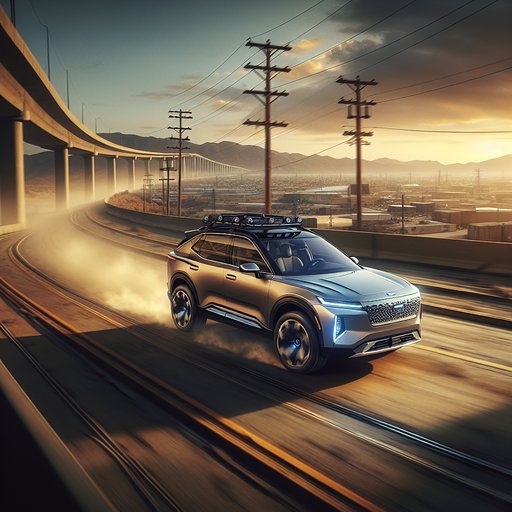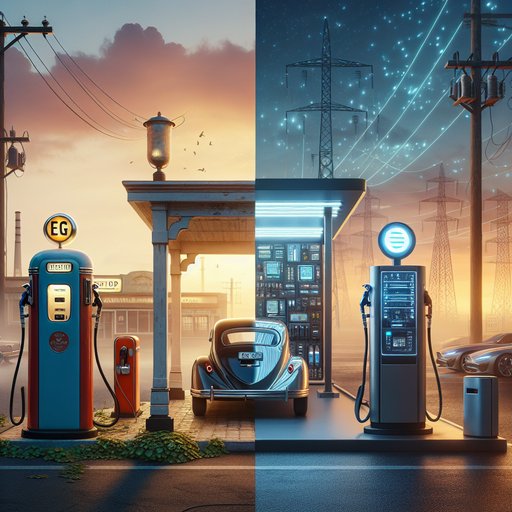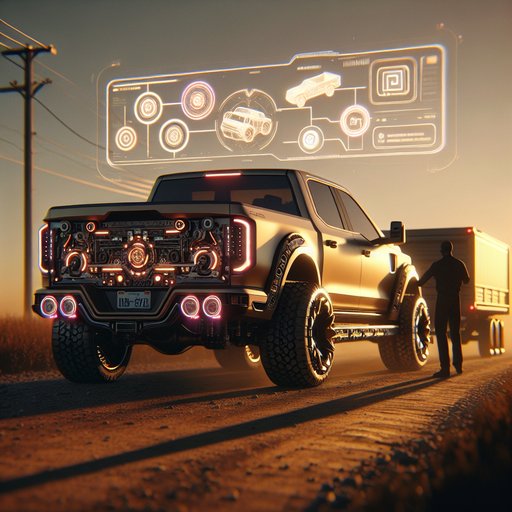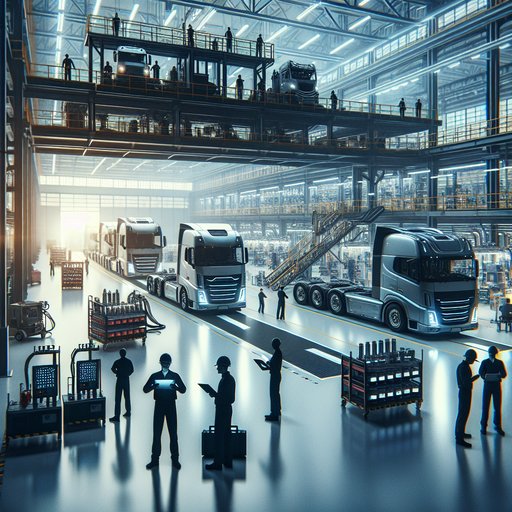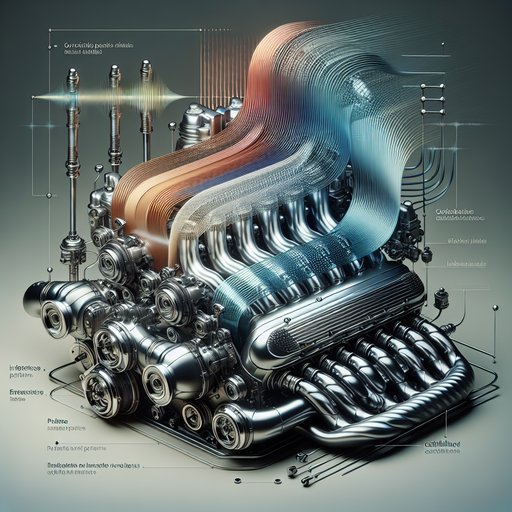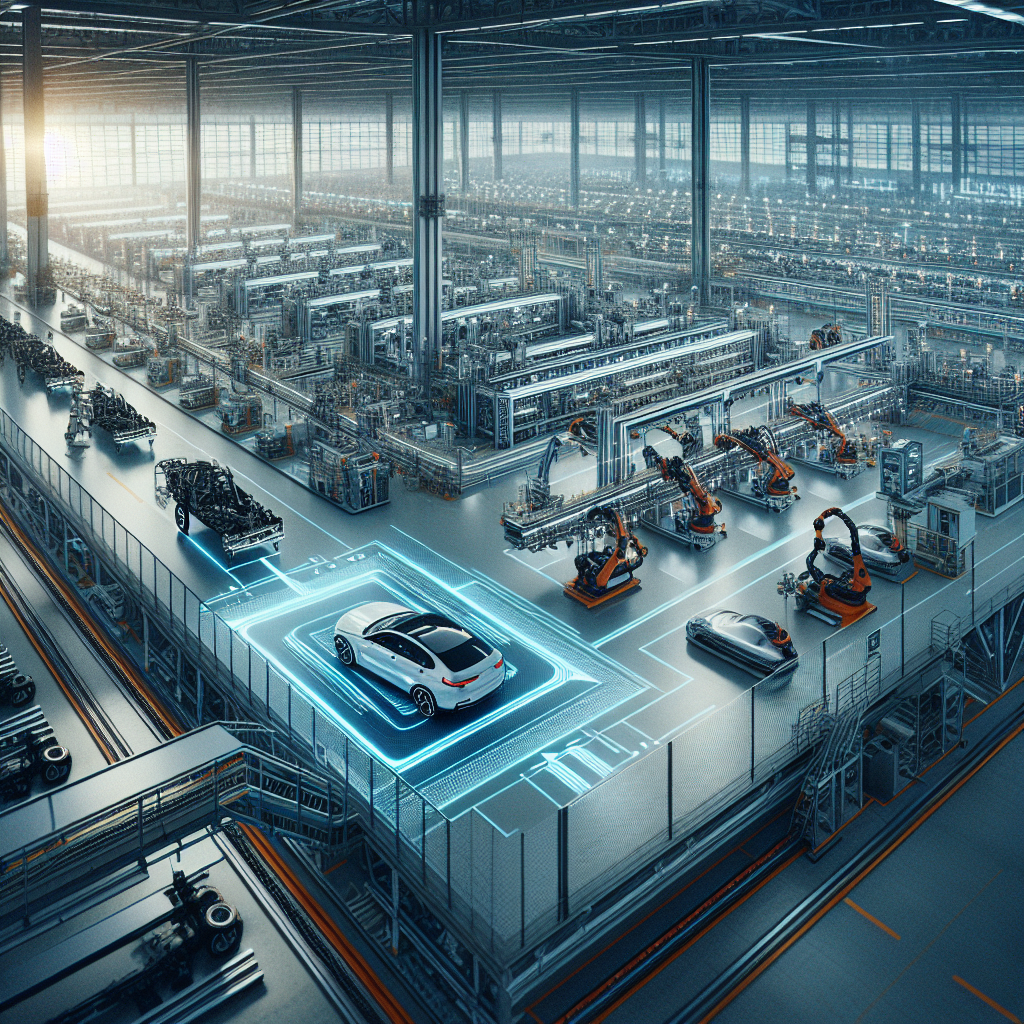
The automotive manufacturing landscape is experiencing significant transformations as major manufacturers adapt their production capabilities and embrace new technologies. Recent developments include BMW's technological advancement in manufacturing, Ram's expansion in Australia, and Jaguar Land Rover's recovery from operational challenges.
BMW has achieved a significant milestone at its San Luis Potosí plant in Mexico, celebrating the production of its 500,000th vehicle - a Velvet Blue M2 CS [1]. This achievement demonstrates the German automaker's successful expansion in North America and its commitment to maintaining high production standards across global facilities.
In a groundbreaking development, BMW has unveiled the world's first AI-powered car factory in Debrecen, combining artificial intelligence technology with renewable energy sources to revolutionize EV manufacturing [2]. This innovative facility represents a significant step forward in automotive manufacturing technology.
Ram Trucks Australia has marked a major expansion with the opening of a new local factory, building upon their success of over 35,000 locally remanufactured pickups in the Australian market over the past decade [3]. This development signals growing confidence in the Australian automotive manufacturing sector.
After facing significant challenges, Jaguar Land Rover has successfully resumed production following a five-week shutdown caused by a cyber attack [4]. The recovery marks an important turning point for the British manufacturer, which had already been dealing with challenges related to U.S. tariffs earlier in the year.


